Good back support is essential for a restful night’s sleep. The spine plays a significant role in your sleep quality and how you feel the next day. If you often experience back pain or struggle to sleep, it could be due to spine-related issues. In this article, we explore why proper back support is vital for your sleep and overall health. We also share tips to ensure your spine gets the right support while you sleep.
Introduction: Why Spinal Support Matters
Your spine supports your body and protects important nerves. When you sleep, your body needs to rest. But if your spine is not aligned, it can cause pain and affect your sleep. This is why good spinal support is important.
Studies show that poor spinal alignment while sleeping can lead to chronic back pain and stiffness. Understanding the link between spinal support and sleep is key to better health.
Spinal Alignment and Sleep
Your spine has three natural curves: the neck (cervical curve), the middle back (thoracic curve), and the lower back (lumbar curve). Sleeping with these curves helps take pressure off your spine and muscles. If your spine is not aligned, muscles work harder to support your body. This causes discomfort and restlessness.
The Sleep Implications Poor Spinal Support
When your back is not aligned while you sleep, tension builds up, making it hard for your body to relax. This leads to a restless night, where you can’t get comfortable and miss out on deep sleep. Over time, this can cause chronic sleep problems and hurt your health.
A good night’s sleep happens when your body can fully relax, thanks to proper spinal support.
The importance of mattresses in spine support
The quality of your sleep depends on the mattress you sleep on. The best mattress should fit the natural curve of your spine and offer enough firmness and support. A mattress that is too hard or soft can cause discomfort and misalign your spine.
How to Choose Best Mattress For Spinal health
Memory foam and hybrid mattresses are great for spine support. They help distribute weight evenly and keep your spine aligned. The right mattress should support the natural curves of your back.
Pick a mattress that fits your sleep position, body weight, and needs. Testing different mattresses can help you find the one that works best for you.
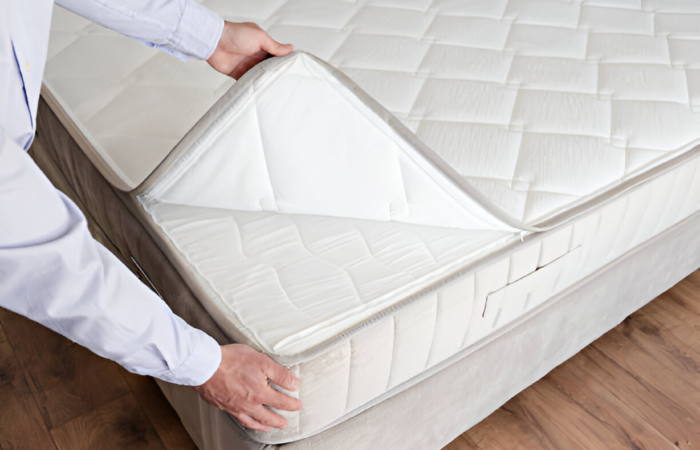
Hybrid Mattress

Pillows & Spinal Alignment
Pillows are as important as mattresses for spine support. A bad pillow can cause neck and upper back pain by placing your head and neck in the wrong position while you sleep.
Choosing the Right Pillow

The right pillow helps keep your spine aligned. Different pillows work better for different sleep positions:
- Back Sleepers: A thinner pillow supports the neck’s natural curve.
- Side sleepers: A firmer, higher pillow fills the gap between the neck and mattress.
- Stomach sleepers: A thin pillow, or no pillow, helps avoid neck strain.
A pillow made for your sleep position helps align your spine and reduce stiffness.
How Sleep Positions Affect Your Spine
Your sleep position plays a big role in your spinal health. The way you sleep can either support or strain your spine. Let’s look at how different sleep positions impact spinal alignment.
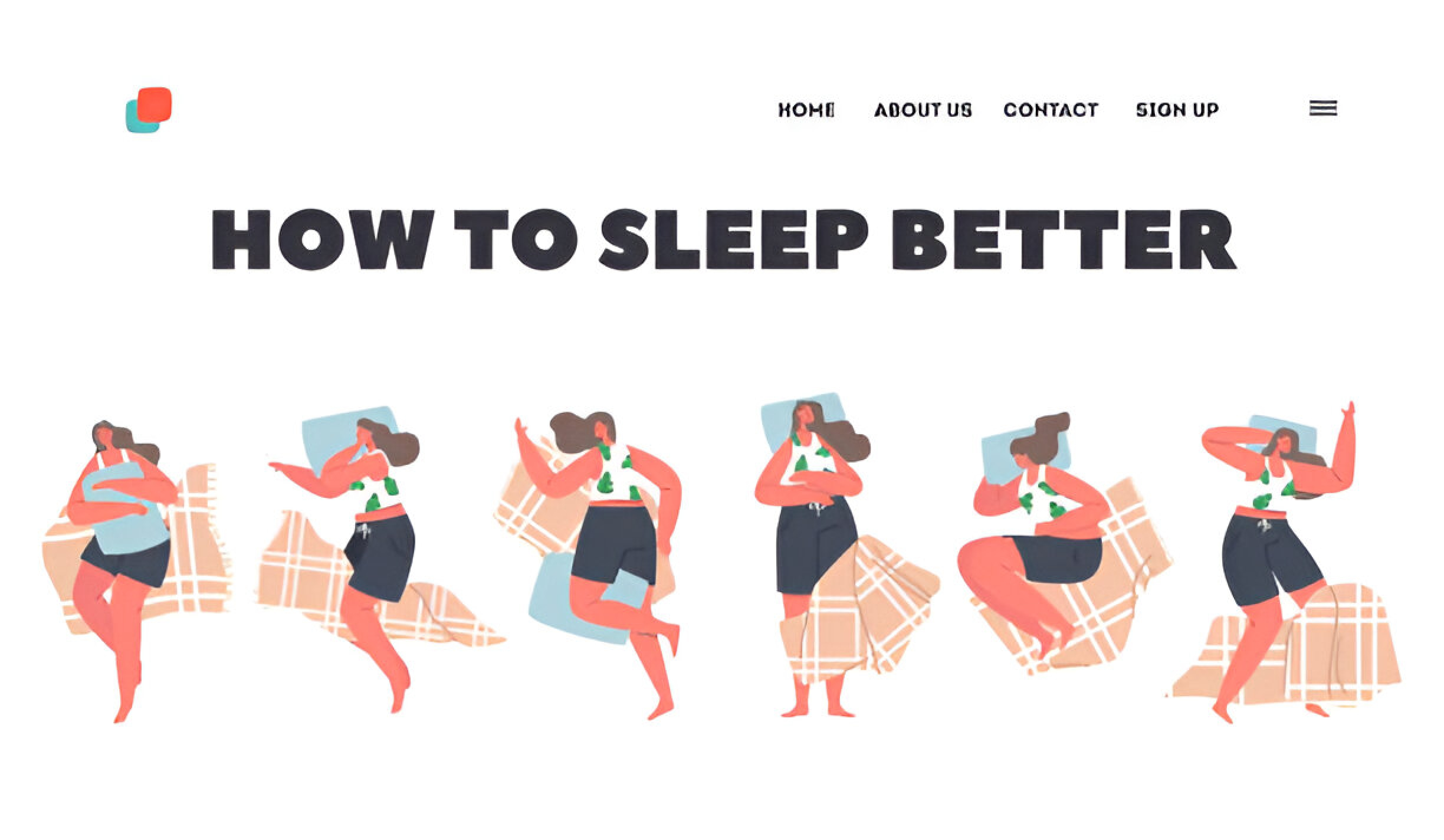
Sleeping on Your Back
Sleeping on your back is one of the best positions for spine alignment. It helps distribute your body weight evenly and keeps your spine’s natural curve. To improve alignment, place a pillow under your knees. This will relieve pressure on your lower back and keep your spine aligned.
Sleeping on Your Side
Side sleeping can be harder on your back, but adding a pillow between your knees helps. It keeps your hips aligned with your spine and improves support. Side sleeping is also recommended for those with sleep apnea or acid reflux.
Sleeping on Your Stomach
Sleeping on your stomach is not ideal. It can flatten the natural curve of your back and put pressure on your neck, causing pain. If you sleep on your stomach, use a very thin pillow or none at all to reduce neck stress.
Adjusting your sleep position and ensuring proper support can make a big difference in how well you sleep and how your spine feels.
Effects Of Improper Spinal Support While Sleeping
Poor spinal support while sleeping can cause many health issues:
- Chronic back pain:Bad support leads to lower back pain. This pain can get worse over time and affect daily activities.
- Neck and Shoulder Pain: If your pillow doesn’t support your neck, it can cause pain, stiffness, and headaches.
- Poor Sleep Quality: When your spine is misaligned, it makes sleep uncomfortable. This leads to tiredness and mood changes.
- Long-Term Health Issues: Over time, poor spinal alignment can cause bad posture, joint issues, and problems like scoliosis or arthritis.
Proper spinal support is important for sleep and overall health.
How to Improve Spinal Support and Sleep
Here are some tips to support your spine and sleep better:
- Get a Good Mattress: A mattress that fits your spine’s curves can help avoid back pain.
- Pick the Right Pillow: A pillow that aligns your neck reduces pain.
- Sleep Positioning Solutions: Sleeping on your back or side is best. Avoid stomach sleeping.
- Stretch Before Sleeping: Stretching helps relax your spine before sleep.
- Add More Support: If you have pain, use extra support to keep your spine aligned.
These are a few tips for preventing back pain and getting better sleep, proving the importance of good spinal support to ensure that sleeping is always good.
My Personal Experience with Spinal Support and Better Sleep
A few months ago, I started waking up with back pain. My neck was stiff, and my back hurt. I couldn’t sleep well, and I felt tired every morning. I thought it was just stress. But soon, I realized it was my mattress and pillow.
The Problem
I had been using the same mattress for years. It was old and didn’t give my back the support it needed. My pillow was also too flat. Every night, I tossed and turned, trying to get comfortable. But I couldn’t.
The Change
I decided to make some changes. First, I bought a new mattress. I chose one that was soft, but firm enough to support my back. I could feel the difference after the first night. My back didn’t hurt as much.
Next, I bought a new pillow. This one was higher and firmer. It helped support my neck. I started to sleep better and wake up with less pain.
My Sleeping Position
I used to sleep on my stomach. I didn’t know that it wasn’t good for my back. I started sleeping on my back instead. I placed a pillow under my knees. This helped keep my back straight and my muscles relaxed.
Stretching Before Bed
I also started stretching before bed. I did a few simple stretches to relax my back. It only took five minutes, but it helped me sleep better.
The Results
Now, I wake up feeling good. My back doesn’t hurt anymore, and I feel rested. The changes I made really worked. I sleep better, and I feel better during the day.
Conclusion: Spinal Support is Key for Good Sleep
Good spinal support helps you sleep better and stay healthy. A good mattress, pillow, and sleep position help align your spine. Stretching before bed can also reduce pain. When you take care of your spine, you sleep better and feel great.
Frequently Asked Questions (FAQs)
Read More:
How Euro-Top Mattresses Enhance Sleep Quality
The Ultimate Guide to Cooling Mattresses for Hot Sleepers
How to Prolong the Life of Your Mattress: Expert Tips
Comparing Mattress Sizes: Twin, Full, Queen, and King
Latex vs Memory Foam: Which Mattress Type Suits You
Best Mattresses for Couples: Motion Isolation Explained
How to Pick the Right Firmness for Your New Mattress

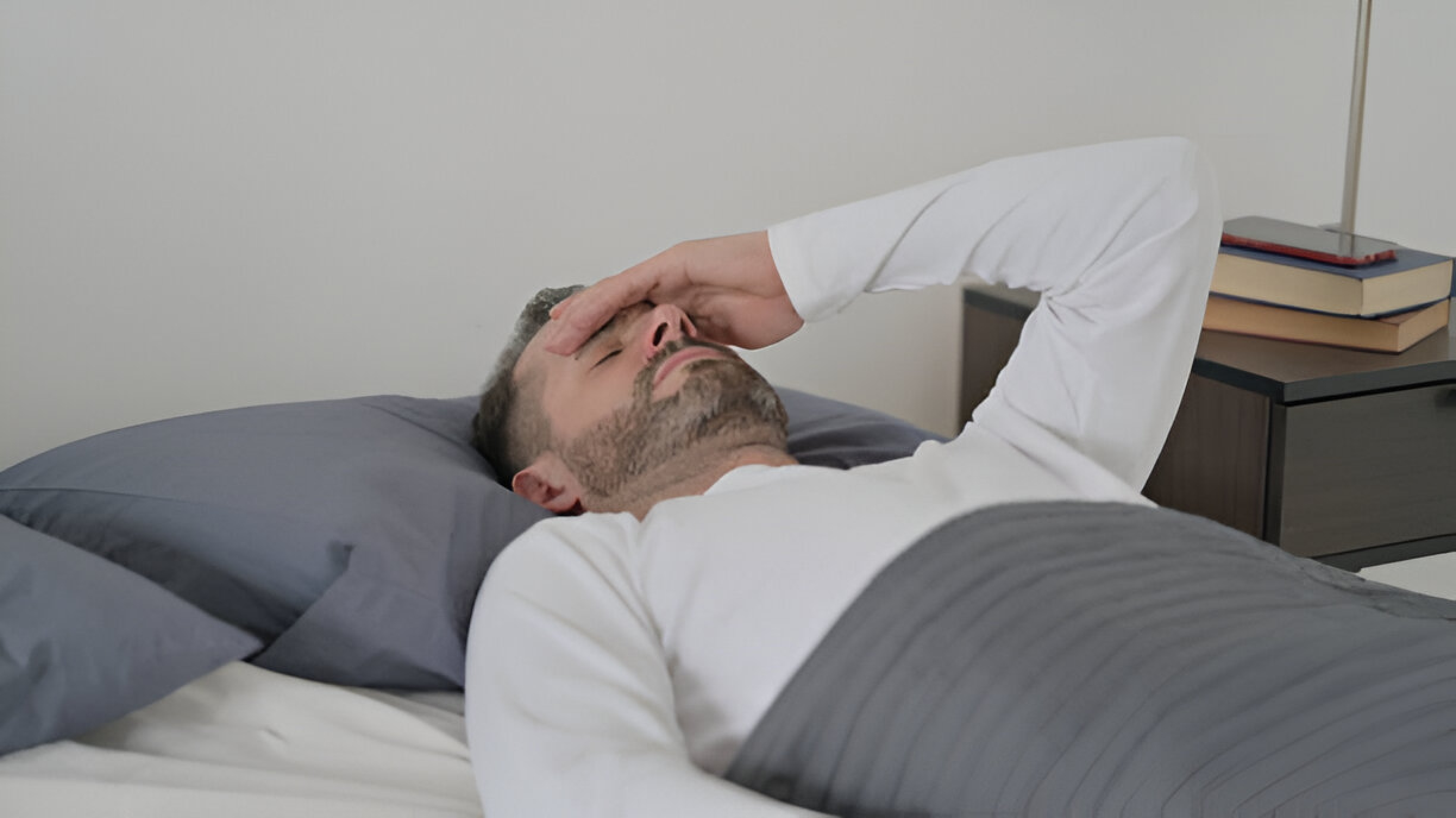
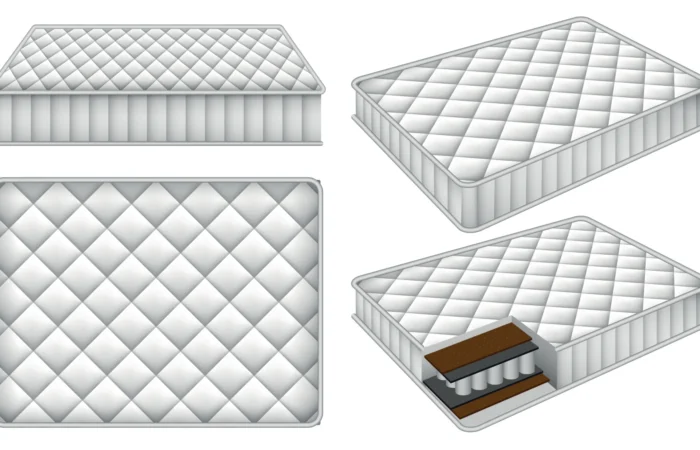
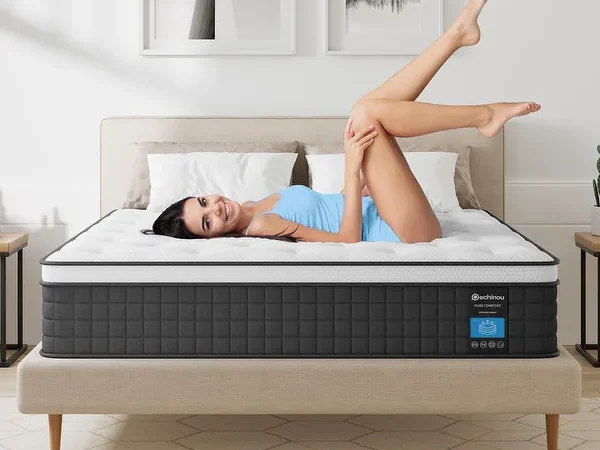
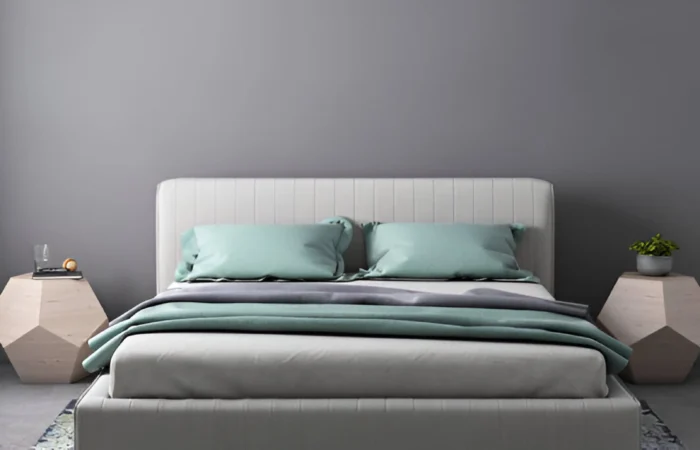
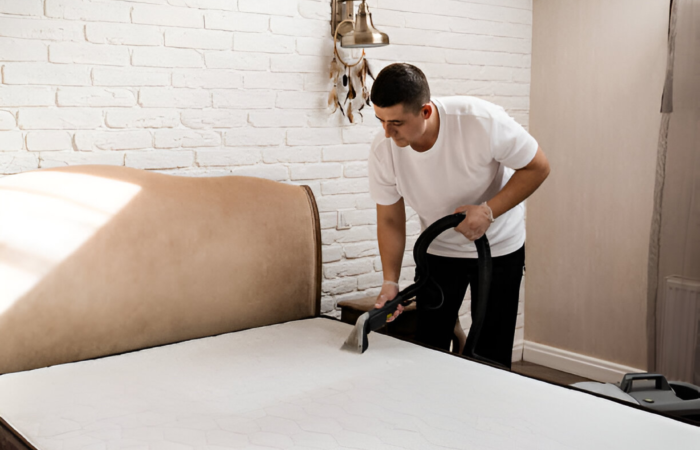




Leave Your Comment: